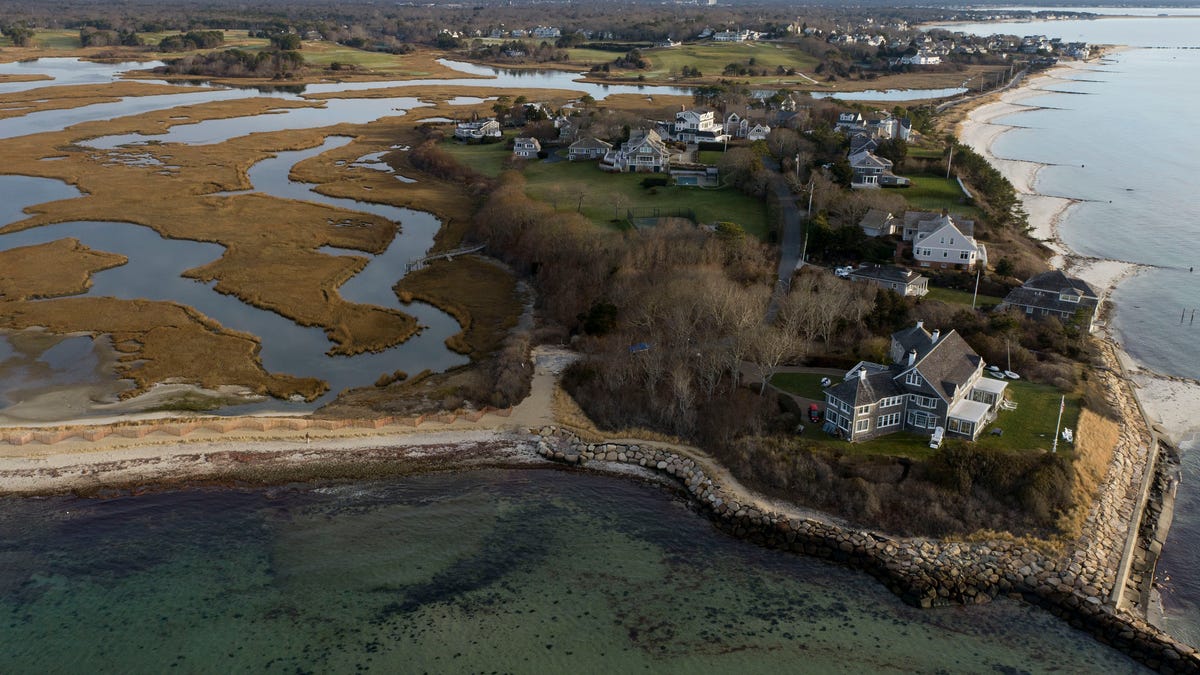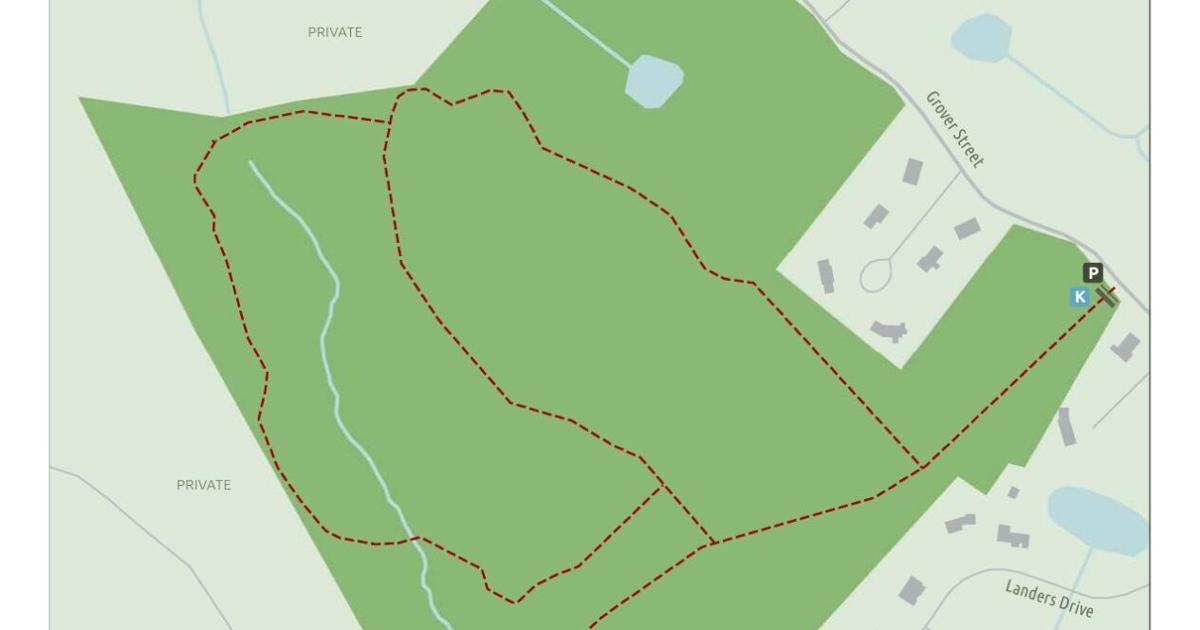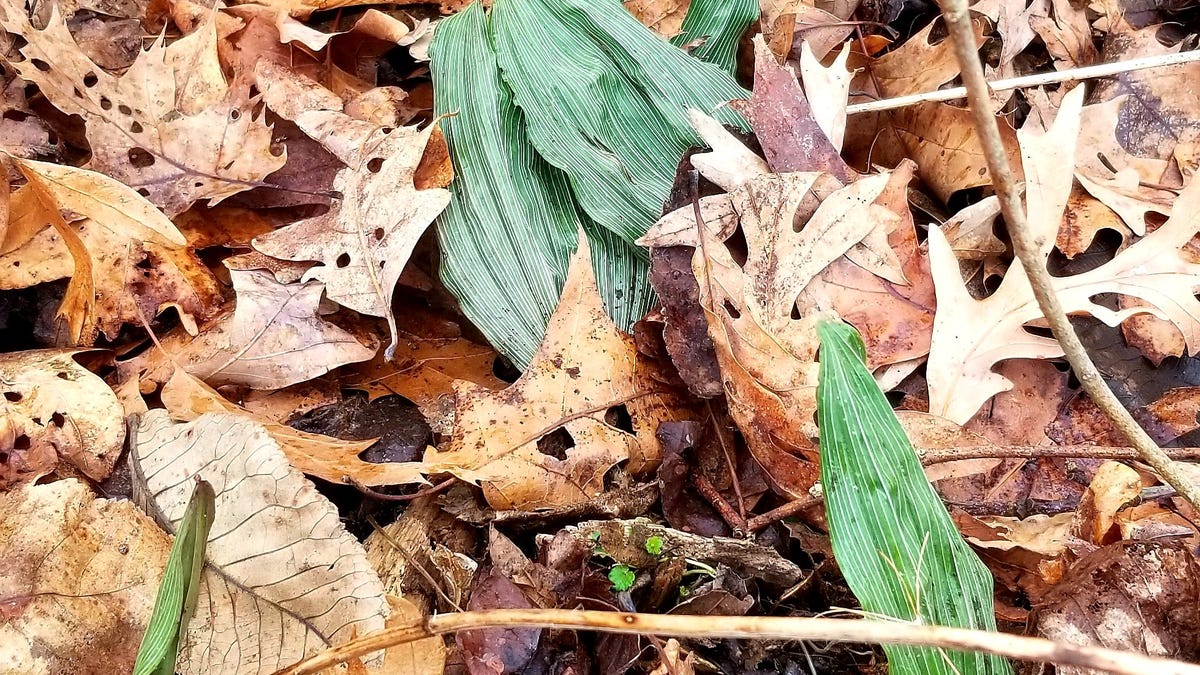Corry Area Middle-High School is looking to eliminate the use of e-cigarettes by students on campus, especially in bathrooms.
E-cigarettes are electronic devices that heat a liquid typically containing nicotine and produce an aerosol or a mix of small particles in the air, according to the Centers for Disease Control and Prevention. The use of e-cigarettes is commonly referred to as “vaping.”
Corry Area School Board member Amy Allen brought up students vaping in bathrooms during a Nov. 22 school board meeting.
Allen was in attendance at the high school’s Pennsylvania Business Week and said she enjoyed the opportunity to speak with students and staff about concerns they had.
“I heard there’s some issues of kids vaping in bathrooms. I had a couple teachers come up to me. Apparently they have done research about devices that can get put into restrooms that will alert us if kids are vaping in bathrooms and we can respond to it,” Allen said during the meeting.
Corry Area School District Director of Buildings and Grounds Mike Munsee said they are aware of the problem and have also researched the so-called “vape detectors,” which operate similarly to a smoke detector but do not emit an audible sound.
“Instead of it going off like a smoke detector, it alerts through the school network to a work station with somebody,” Munsee told The Corry Journal.
If the device detects the use of e-cigarettes, then it will transmit a notification to school officials, such as a principal, who will investigate the situation.
The school district has ordered vape detectors and plans to install them in every student-accessible bathroom in the middle-high school, according to Munsee.
“They are on order. I’m just waiting for them to come in,” Munsee said. “They work pretty well from what I understand.”
The use of e-cigarettes is prohibited on school…












